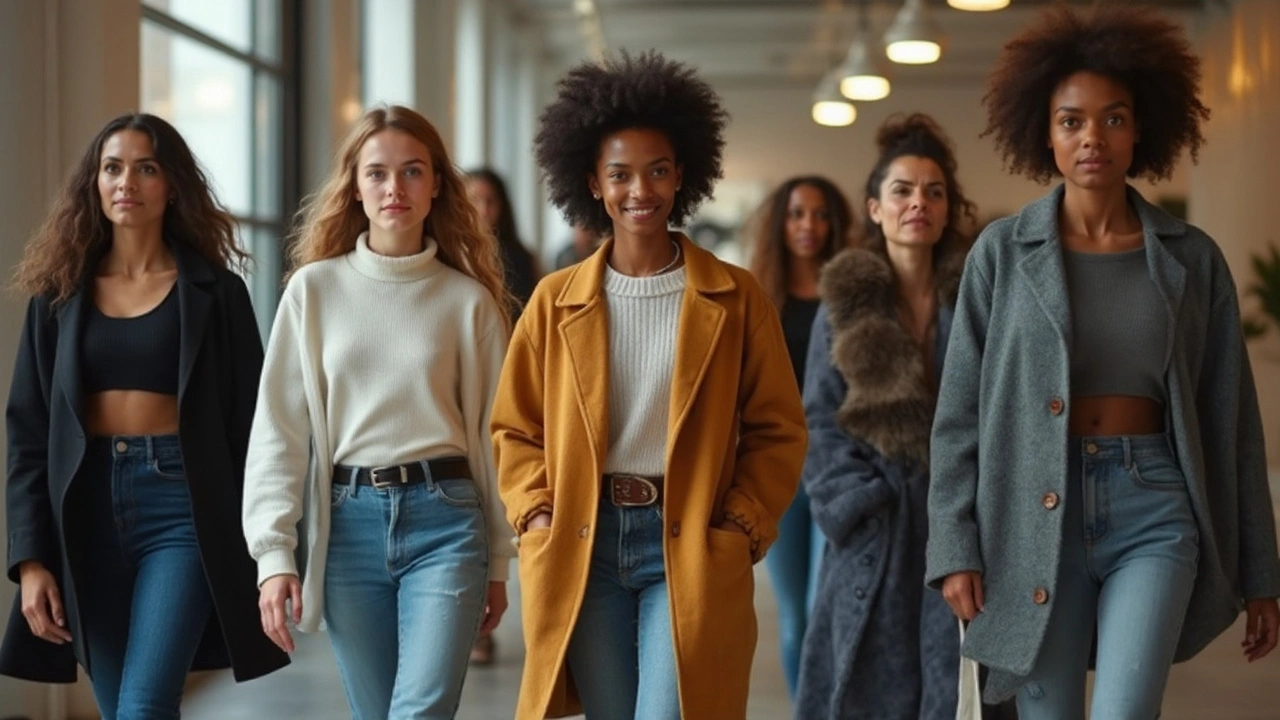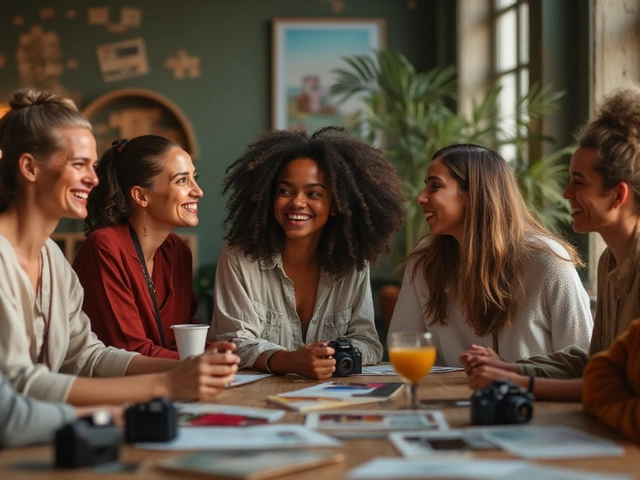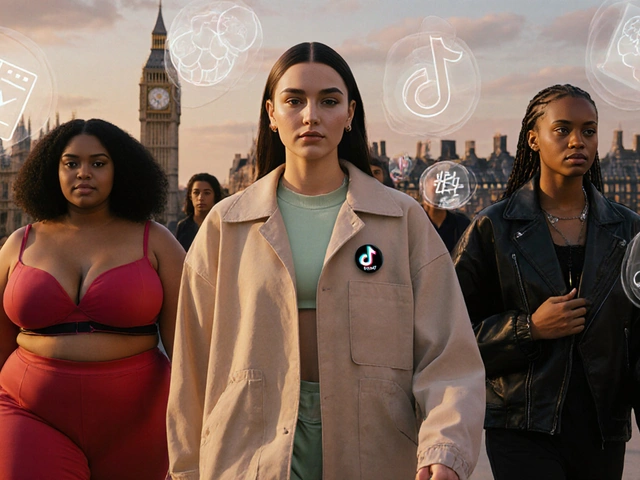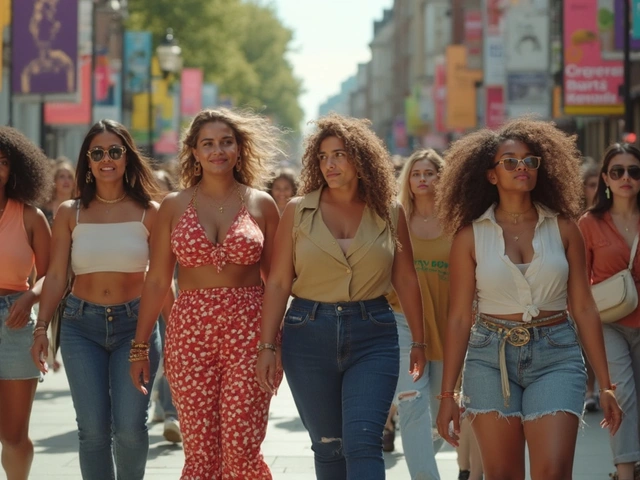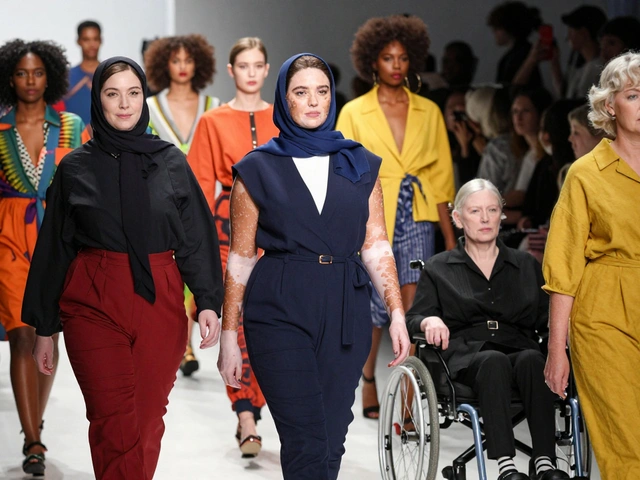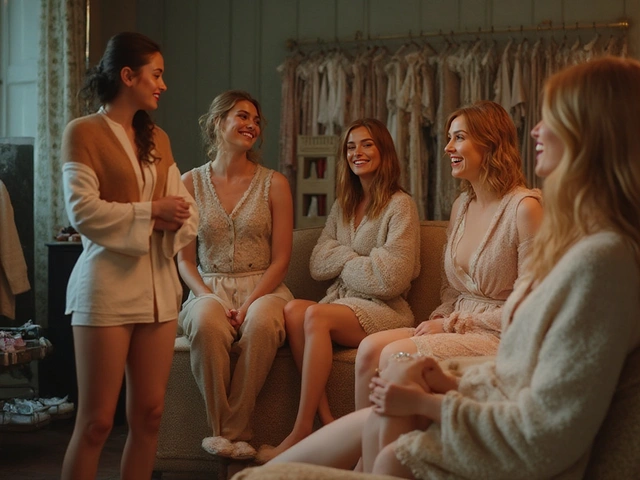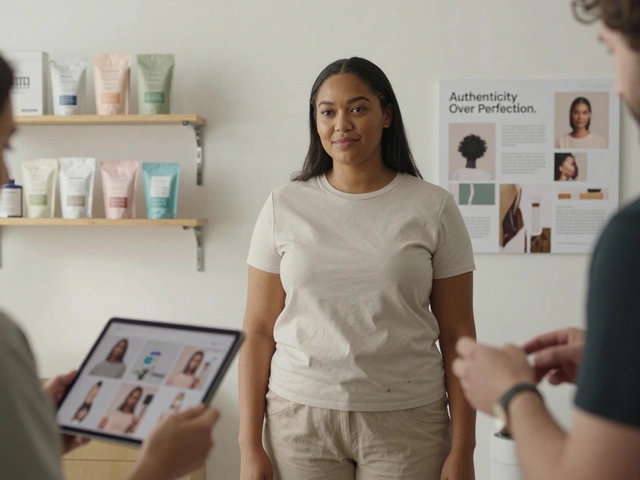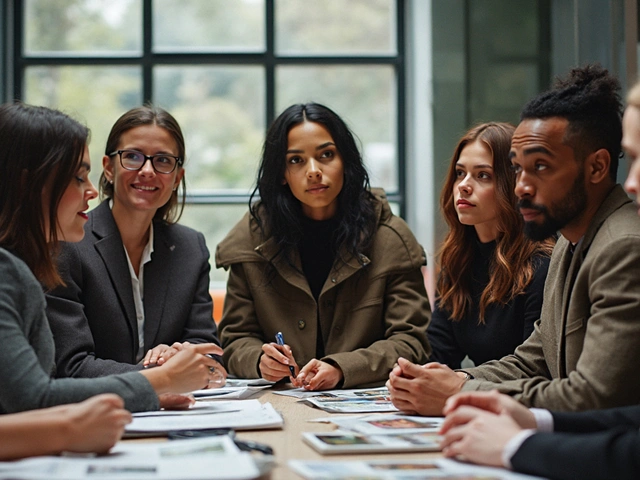Here's a wild truth: UK model agencies are flooded with good-looking people. If you think looks alone will get your foot in the door, think again. Confidence is what makes the difference between the girls and guys who get callbacks and those who wait months for a reply.
Ever noticed how someone with an ordinary look can absolutely own the room? Agencies are scouting for people who are comfortable in their own skin, who can handle rejection without falling apart, and who don't get thrown by a less-than-perfect comment at a casting. It's not just about strutting in front of the camera – it's about how you talk to the team, handle feedback, and bounce back from an awkward moment.
Building confidence isn’t about pretending. It’s about knowing your value and not being afraid to show it. Nervous about castings? Most people are, but the ones who look self-assured – even if they’re faking it a bit at first – make the agency’s job easier. Want an edge? Agencies love people who listen, learn quickly, and don’t crumble under pressure.
- Why Confidence Outranks Good Looks
- How Agencies Spot Genuine Confidence
- Building Lasting Confidence for Castings
- Common Mistakes (and How to Dodge Them)
Why Confidence Outranks Good Looks
Walk into a UK model agency and you'll see every type of face imaginable. Some are classically beautiful, others more edgy or unique. But the models who really land jobs? They’re the ones who show up with self-belief. In fact, plenty of agency scouts have admitted they’d rather work with someone a bit unconventional who can light up a room, than another person who looks perfect but melts under pressure.
Here’s a solid fact: most clients want to see personality in castings, not just a pretty face. In 2024, when UK agencies surveyed their clients, over 65% rated "confidence and presence" more important than looks alone. They want models who can engage with a team, adapt on set, and sell not just a product but a vibe.
Confidence helps you sell clothes, makeup, or even an idea. If you’re nervy or unsure, it shows in your posture, eyes, and even your walk. Brands don’t just need someone standing there looking flawless—they want someone memorable who can bring something unique out on set.
Here’s the kicker: agencies can teach you how to pose or walk, but they can’t teach you to believe in yourself. It’s that belief which helps you recover from mistakes at a casting, interact naturally with photographers, and handle rejection. Get this right, and you’ll outshine even top-tier competition.
- Great models always look engaged and in control, even if they’re having an off day.
- Agencies notice confidence way before they notice minor flaws.
- If you believe you belong in the room, others start believing it too.
If you want results, stop chasing perfection and lean into real confidence. That’s what agencies are desperate to see.
How Agencies Spot Genuine Confidence
In a UK model agency office, it’s not enough to just flash a smile and stand up straight. Agents see thousands of hopefuls every year, and they’re quick to pick up on confidence that’s real versus confidence that’s just a quick act. So, how do they do it?
For starters, agents watch how you walk into a room. Confident models don’t fidget or look at the floor. They keep it natural – eye contact, relaxed shoulders, and a steady voice. Think less “fashion robot,” more someone comfortable at a friend’s party. Awkward poses or stiff movements are red flags. Good agents don’t want someone who freezes once the camera starts clicking.
Chitchat isn’t just small talk, either. Agencies often ask about your interests, recent jobs, or even your favorite food. Sounds random, but they’re testing if you can hold a conversation and think on your feet. Confident models answer honestly, show a bit of personality, and don’t seem desperate to impress.
During test shoots, agencies pay attention to how you react to directions. Real confidence shows up when you get feedback—especially if it’s not all positive. If you can try something new without complaining, laugh off a mistake, and adjust quickly, you’re ticking boxes many others miss.
- Engagement: Models who ask smart questions about the job or agency show they’re present and care about their career.
- Reactions to rejection: Confidence is walking out of a casting with your head up, no matter what.
- Social skills: Agencies love people who put others at ease, not just those who can strike a pose.
The more genuine you are, the better chances you have. Agencies are tired of fake confidence that falls apart under stress. They want people who keep their cool, aren’t thrown by setbacks, and act like they belong there—even if it’s their first time.

Building Lasting Confidence for Castings
No one’s born with runway-level confidence. Even top models in a UK model agency have had to work on it. Feeling awkward at first is normal, but you can train yourself to handle castings like a pro.
The most important hack? Preparation. Walking into a casting without knowing the agency, the brand, or the people you might be meeting is like showing up to an exam you didn’t study for. Take ten minutes to look up who’s behind the desk. Know what type of work the agency does—editorial, commercial, or runway. This gives you talking points and makes you look genuinely interested (because you are).
Another solid move is practicing your walk and poses in front of a mirror or recording yourself with your phone. Agencies pay attention to posture, natural movements, and eye contact. If you see yourself slouch or fidget, fix it. Small tweaks can totally change how you come across.
Get comfortable with nerves—because everyone gets them. Instead of denying them, reframe nervous energy as excitement. If your hands shake or your heart races, take a slow breath and focus your attention on something in the room, like a picture on the wall or the texture of your shoes. This helps you ground yourself without getting lost in anxious thoughts.
Still not feeling it? Here are some easy steps that work:
- Practice introducing yourself out loud until it feels natural, not stiff.
- Try mock castings at home with friends or family and ask for honest feedback (not just compliments).
- Before entering the room, straighten your back, chin up, and take one deep breath. This actually sends a "ready" signal to your brain.
- If you mess up, smile and keep going. Agencies don’t expect robots—they want humans who can recover quickly.
Finally, the more castings you attend, the less scary they get. Each one is a chance to learn, tweak, and get stronger. Don’t sweat rejection—every model faces it, no matter how experienced. It’s your bounce-back that agencies remember.
Common Mistakes (and How to Dodge Them)
Even some of the best-looking faces trip up at UK model agencies because of basic confidence mistakes. Want to stand out for the right reasons? Let’s get specific.
One of the biggest mistakes is overcompensating. Some models think acting aloof or “too cool” proves confidence. In reality, agencies spot fake vibes right away. Genuine confidence means being open, present, and coachable. Another trap: apologising constantly. Saying sorry every five seconds, even for things you don’t control, screams insecurity. Agencies want to see you own your space, not shrink from it.
Agencies also mention models who self-criticise aloud—calling out “bad angles” or picking at perceived flaws in front of the camera. It’s awkward for everyone and shows lack of self-trust. If you mess up, just reset and keep moving. Remember, crews see dozens of people daily. Not every shot has to be perfect.
- UK model agency scouts expect quick adaptability. If you freeze up after directions change or struggle to recover from a missed cue, it’s a red flag. Take feedback as a chance to show how fast you bounce back.
- Not prepping basics can tank your shot too. Forgetting a portfolio, not knowing your stats (like height in both cm and feet), or coming in late—these look unprofessional, not laid-back.
If you want a mental checklist, here’s what to do:
- Be yourself, but keep it positive. No need for an act. Being genuine stands out more than scripted confidence ever will.
- Fix small errors and move on. Don’t apologise for every slip.
- Stay engaged with the team. Smile. Listen. Say “got it” and try again if you’re corrected.
- Show up ready: portfolio, stats memorised, on time (or early!). It’s basic but not negotiable.
Check out how tiny changes in approach shift outcomes. According to data from a survey of top London agencies in 2024, here’s what they flagged as the top “deal-breaker” behaviors and how often they see them:
| Mistake | Percent of Agency Scouts Who Cited It |
|---|---|
| Arrogant Attitude | 55% |
| Apologising Excessively | 48% |
| Arriving Unprepared | 62% |
| Poor Listening or Not Following Directions | 45% |
| Negative Self-Talk Aloud | 38% |
Every model has nerves. What gets you remembered is handling common slip-ups like a pro, not just relying on looks to get by.
